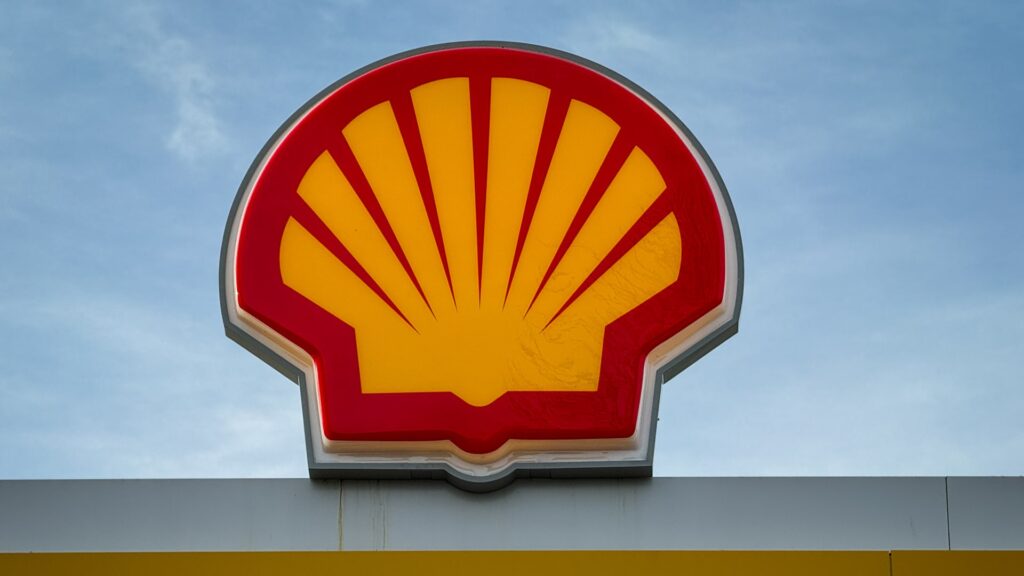
The Shell logo is displayed outside a petrol station in Radstock on February 17, 2024 in Somerset, England.
Matt Cardy | Getty Images News | Getty Images
British oil giant Shell on Thursday reported stronger-than-expected first-quarter profit, boosted by higher refining margins and robust oil trading.
Shell reported adjusted earnings of $7.7 billion for the first three months of the year, beating analyst expectations of $6.5 billion, according to an LSEG-compiled consensus.
A year earlier, the company posted adjusted earnings $9.6 billion over the same period and $7.3 billion for the final three months of 2023.
Shell CEO Wael Sawan described the results as “another quarter of strong operational and financial performance.”
The oil major announced a $3.5 billion share buyback program, which it expects to complete over the next three months. Its dividend remains unchanged.
Shares of the London-listed stock dipped 0.6% on Thursday morning.
“Shell has beaten expectations by a reasonable margin, despite the impact of lower gas prices during the first quarter,” Stuart Lamont, investment manager at U.K.-based wealth manager RBC Brewin Dolphin, said in a statement.
“Earnings are up, costs have fallen, and the oil and gas major has brought debt down too – all in all, it’s a solid set of numbers and underlines why the market, generally, remains bullish on Shell,” Lamont said.
“Investors were looking for reassurance on volumes and capital discipline, as these ultimately feed through to cash returns. Today’s update has delivered on both fronts, with the addition of an extension to the share buyback programme,” he added.
Shell’s chemicals and products division, which includes refining margins and oil trading, posted first-quarter adjusted earnings of $2.8 billion, reflecting a sharp increase from the previous quarter.
Shell reported first-quarter net debt of $40.5 billion, down from $43.5 billion at the end of 2023.
A broader industry trend
Shell’s first-quarter profit was down roughly 20% compared to the same period a year earlier, reflecting a broader energy industry trend.
U.S. oil giants Exxon Mobil and Chevron, as well as France’s TotalEnergies and Norway’s Equinor, all reported a steep year-on-year fall in first-quarter profits last week.
The world’s largest oil and gas majors posted record full-year profits in 2022 following Russia’s full-scale invasion of Ukraine. More recently, however, revenues have been hit by tumbling gas prices.
Spot gas prices in Europe have fallen more than 45% over the last year, due in part to mild winter weather and an abundance of supplies.
Shell’s British rival BP is scheduled to report its first-quarter earnings on May 7.






